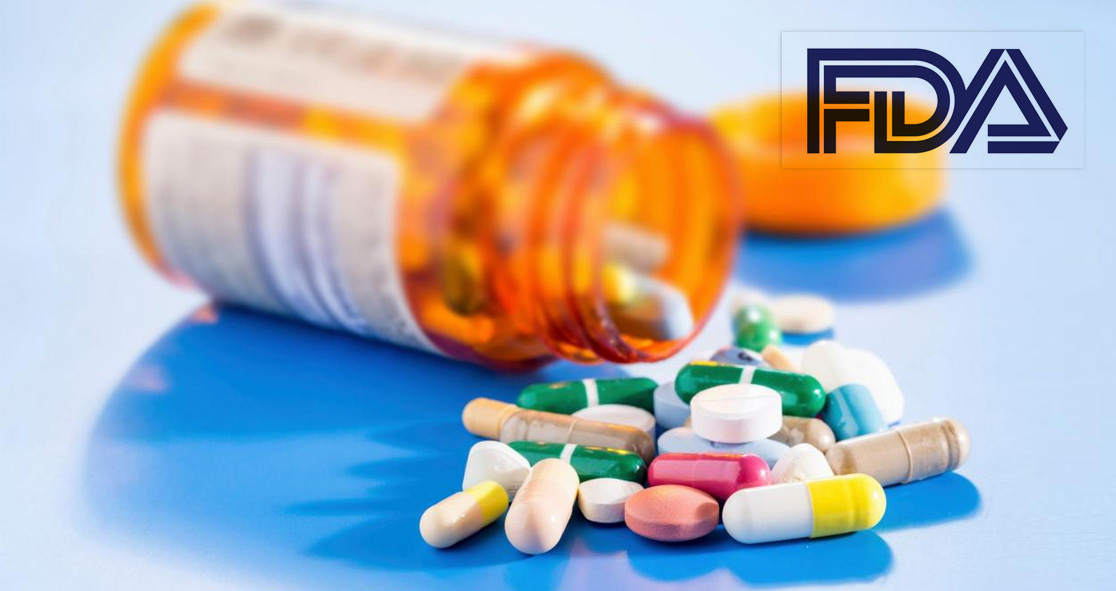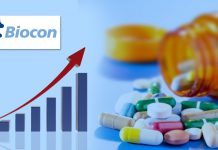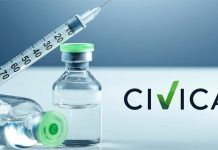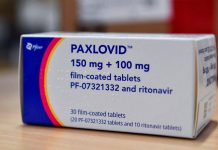Generic drugs are nothing but copies of brand-name drugs. Typically, generic drugs are much cheaper than their branded counterparts are, saving people money.
The U.S. Food and Drug Administration (FDA) makes sure generic medicines have the same active ingredients as brand-name medicines.
A generic medicine works the same way and provides the same clinical benefit as its brand-name counterpart. This standard applies to all FDA-approved generic medicines.
The agency says generic medicines are the same as brand-name medicines in terms of bioequivalence, dosage, safety, effectiveness, strength, stability, quality, and the route of administration.
The FDA Generic Drugs Program conducts a rigorous review to ensure all generic medicines meet its requirements. The agency conducts nearly 3,500 inspections of manufacturing plants every year, making sure the generic drug companies are compliant with the agency’s guidelines and regulations on manufacturing generic drugs.
The agency also continually monitors generic drugs to make sure they are safe, effective, and of high quality.
Generic Drugs – FDA Guidelines
The FDA requires pharma companies to demonstrate that their generic medicines can be effectively substituted and provide the same clinical benefit as brand-name medicines. The companies have to submit an abbreviated new drug application (ANDA) to show that their generic drugs are bioequivalent to their brand-name counterparts in the following ways:
- The active ingredient in the generic medicine is the same as in the brand-name drug/innovator drug.
- The generic medicine has the same strength, use indications, form (such as a tablet or an injectable), and route of administration (such as oral or topical).
- The inactive ingredients of the generic medicine are acceptable.
- The generic medicine is manufactured under the same strict standards as the brand-name medicine.
- The container in which the medicine will be shipped and sold is appropriate, and the label is the same as the brand-name medicine’s label.
Visit the official FDA website to learn more about how the agency reviews generic medications.
FDA-approved generic medicines are only sold after the patent protection is expired. Usually, a pharmacy company that develops a new drug gets patent rights for a certain period of time in which it has the sole right to develop and sell the drug. Once the patent expires, other pharma companies can apply for ANDA to get their generic versions reviewed and approved.
Generally, generic medications are 80% to 85% cheaper than their brand-name counterparts are. That’s because they do not have to undergo preclinical (animal) and clinical (human) studies, research and development, advertisement, promotion and marketing like a new drug undergoes.
FDA says on its official website that generic drugs saved the U.S. health care system $1.67 trillion between 2007 and 2016. Check the FDA’s website for more information on generic drugs and the guidelines it has set for approving the drugs.























